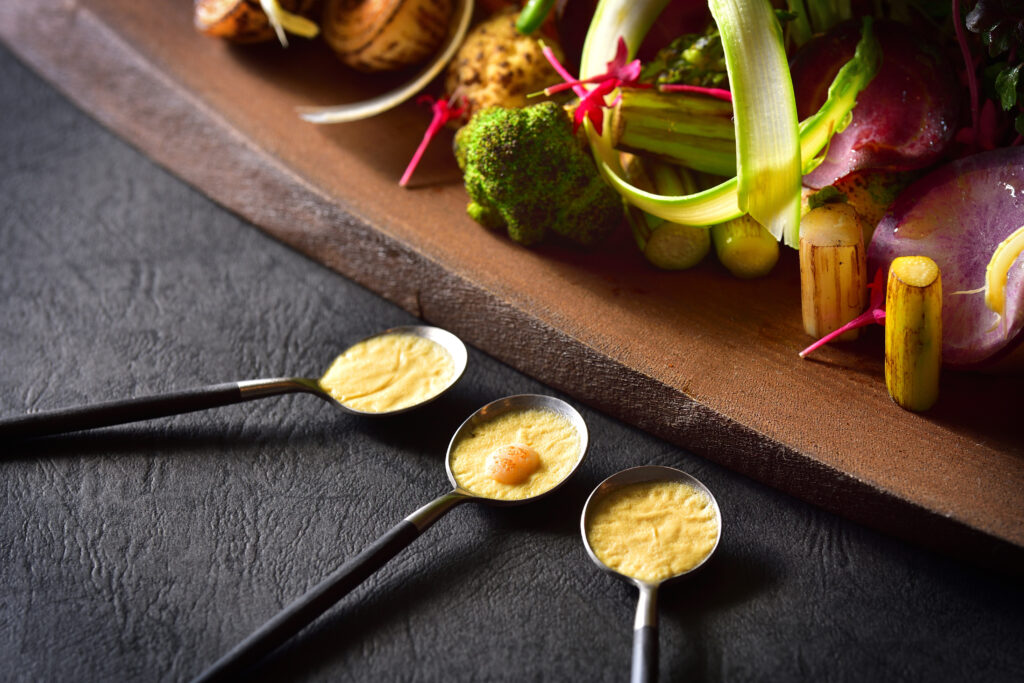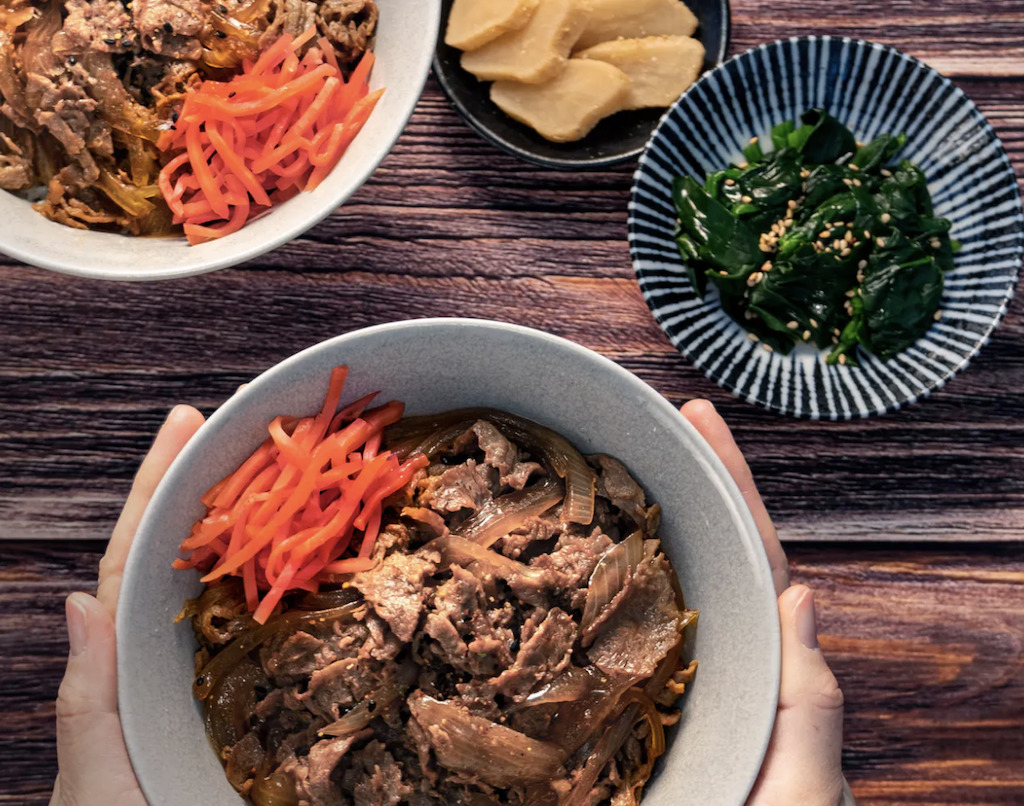IntegriCulture Nets $7 Million To Develop Open Source Cellular Agriculture Infrastructure Platform
3 Mins Read
Japanese foodtech IntegriCuture has closed a Series B funding round with $7 million successfully raised. The investment will go into the development of affordable growth mediums, plus other tech solutions for the cultivated meat sector. The company plans to make developments open source in a bid to accelerate widespread progress and commercialisation.
To date, IntegriCulture has raised $16.4 million. The latest round saw existing investors, including AgFunder, beyond Next Ventures and Teal Tech Fund double down on their interest in the company. New participants included Future Food Fund and KemuriVentures, amongst others.

Driving down cultivated meat costs
IntegriCulture has been consistent in its discourse about bringing the cost of cellular agriculture to reasonable levels. As such, its fundraising and commercial activities have always been tied to the gradual development of infrastructure that can be shared across the sector.
In May 2020, the company unveiled its “CulNet” platform that contained a consortium for technical developments. Shortly afterward, it confirmed a $7.4 million Series A raise, Asia’s largest for alt protein at that time. The investment was used to create the company’s first commercial-scale bioreactor, for the accelerated development of cultivated meat.
In November 2020, IntegriCulture was awarded a $2.2 million government grant to construct a specialist production facility. Gearing for commercial-scale manufacturing, the company was optimistic about coming to market by 2023. In line with this deadline, drastic reduction of manufacturing costs needs to be addressed, hence the latest funding round.
Connecting with the industry
IntegriCulture refers to the development of an”outside-factor-free” tech system that could, one day, be used in domestic homes. Until then, its CulNet system is available to all fellow cellular operations. The startup claims that its system “emulates natural animal body endocrine systems to produce cultured serum,”. By connecting with the system, producers can access on-site manufacturing of the media they need, thus cutting the cost of purchasing from an external source.
The recent fundraising initiative will fund expansion of the system, to allow businesses of all sizes to participate and benefit from open source technology. “The technical development IntegriCulture has achieved over the past 18 months has been impressive, and we truly believe that their CulNet System can be an industry-defining technology and drive the future of sustainable, high-quality protein production,” Michael Dean, founding partner at AgFunder said in a statement.

Japanese developments on the horizon
As well as funding open-source tech solutions, IntegriCulture plans to bring its own products to market. The first consumer food item is expected to be cultivated foie gras, coming later in 2022.
Japan is making space for alternative protein developments. Last November the country announced plant-based labelling was going to be addressed. Helping to clarify vegan foods was deemed important moving forward, especially as cell-based innovations begin to enter the space. Public figures have lauded the move as positive and a way to guarantee that Japan does not lag behind in terms of alternative protein acceptance.
Labelling updates are welcomed by plant-based and cultivated meat companies in Japan, including Next Meats. The maker of realistic vegan short-ribs updated its formulation late last year. Already found in nine countries, rollout of the improved meat analogue was entertained ahead of expansion into new markets.
Lead image courtesy of IntegriCulture.




